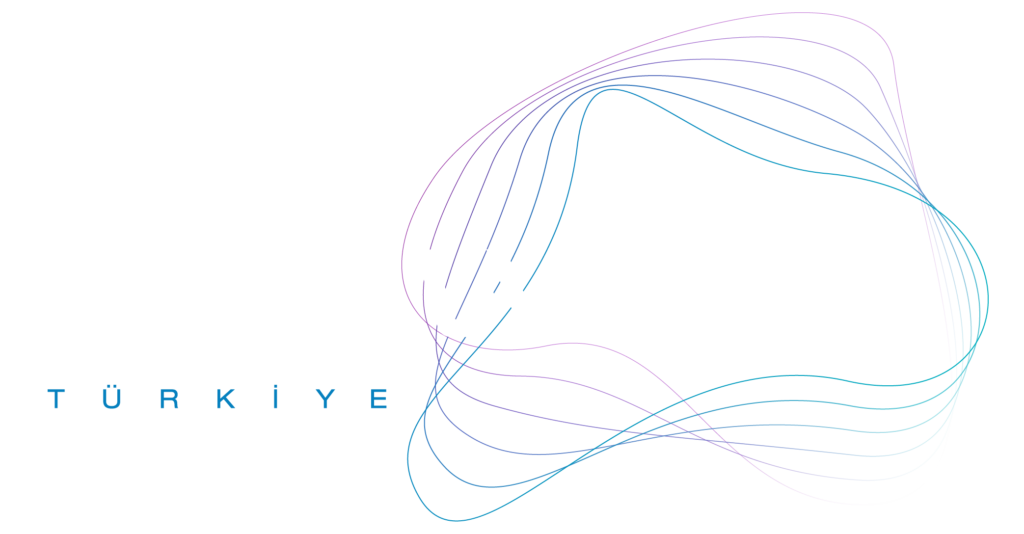Esterified Vitamin C form offers increased bioavailability and stability, addressing some of the limitations of traditional ascorbic acid.
Esterified Vitamin C is more readily absorbed in the gastrointestinal tract compared to its non-esterified counterpart. This enhanced bioavailability is crucial for maximizing the vitamin’s health benefits, as supported by research from Davis et al. (2016), who found that liposomal-encapsulated ascorbic acid, a form of esterified Vitamin C, provided greater protection from oxidative stress (Davis et al., 2016).
The role of Vitamin C in supporting the immune system is well-established. Carr and Maggini (2017) highlighted how Vitamin C supports various cellular functions of the immune system. Esterified forms, due to their enhanced absorption, could offer more effective immune support (Carr & Maggini, 2017).
In oncology, the esterified form of Vitamin C has shown potential benefits. Pawłowska et al. (2019) discussed how high doses of Vitamin C might induce prooxidant effects, which are detrimental to cancer cells, providing a new avenue for cancer treatment strategies (Pawłowska et al., 2019).
Esterified Vitamin C also demonstrates a favorable safety and tolerability profile, making it suitable for various clinical applications. A study by Hoffer et al. (2015) on high-dose intravenous Vitamin C combined with cytotoxic chemotherapy in patients with advanced cancer found it to be safe and generally well-tolerated (Hoffer et al., 2015). Additionally, Khoshnam-Rad and Khalili (2019) reviewed the safety of high doses of Vitamin C in critical care settings, further supporting its safety in high doses (Khoshnam-Rad & Khalili, 2019).
Esterified Vitamin C offers improved oral bioavailability and potential benefits in enhancing immune function and providing therapeutic options in oncology. Its enhanced absorption and stability make it a valuable alternative in Vitamin C supplementation.
References
Davis, J., Paris, H. L., Beals, J. W., Binns, S. E., Giordano, G. R., Scalzo, R. L., … & Bell, C. (2016). Liposomal-encapsulated Ascorbic Acid: Influence on Vitamin C Bioavailability and Capacity to Protect Against Ischemia–Reperfusion Injury. Nutrition and Metabolic Insights, 9, 25-30.
https://doi.org/10.4137/NMI.S39764
Carr, A., & Maggini, S. (2017). Vitamin C and Immune Function. Nutrients, 9.
https://doi.org/10.3390/nu9111211
Pawłowska, E., Szczepanska, J., & Błasiak, J. (2019). Pro- and Antioxidant Effects of Vitamin C in Cancer in correspondence to Its Dietary and Pharmacological Concentrations. Oxidative Medicine and Cellular Longevity, 2019.
https://doi.org/10.1155/2019/7286737
Hoffer, L. J., Levine, M., Assouline, S., Melnychuk, D., Padayatty, S. J., Rosadiuk, K., … & Miller, W. H. (2015). Phase I clinical trial of i.v. ascorbic acid in advanced malignancy. Annals of Oncology, 19(11), 1969-1974.
https://doi.org/10.1093/annonc/mdn377
Khoshnam-Rad, N., & Khalili, H. (2019). High-dose Vitamin C: A risk for persons with high iron stores. International Journal of Medical Reviews, 6(2), 80-84.
https://doi.org/10.29252/ijmr-060207

